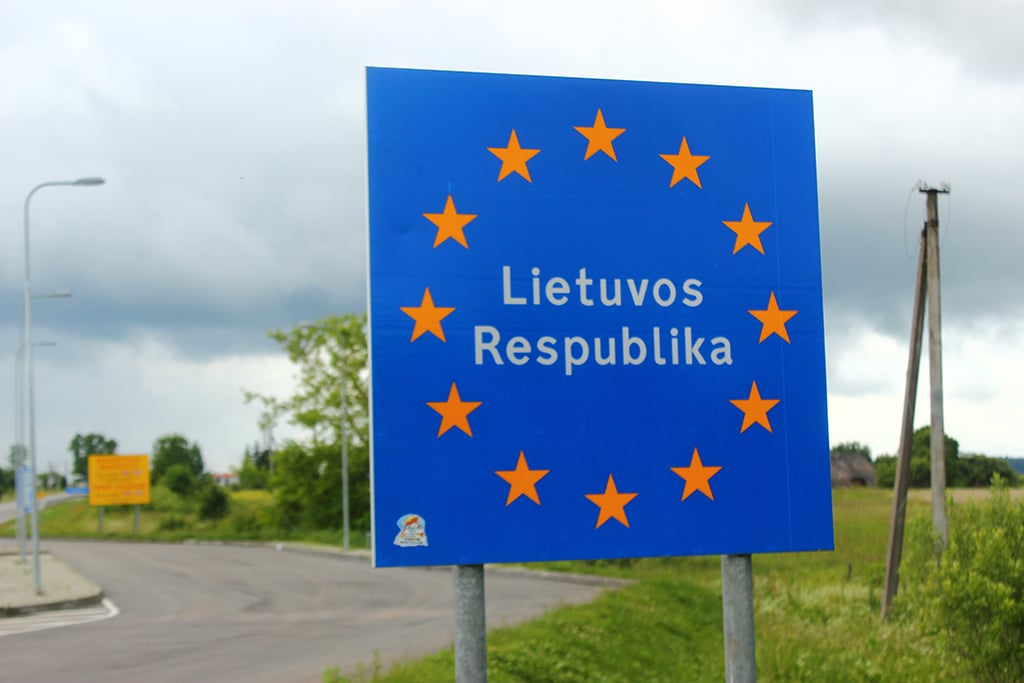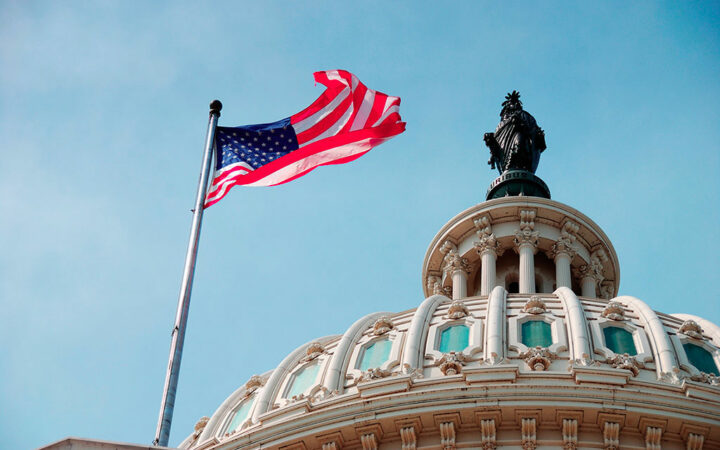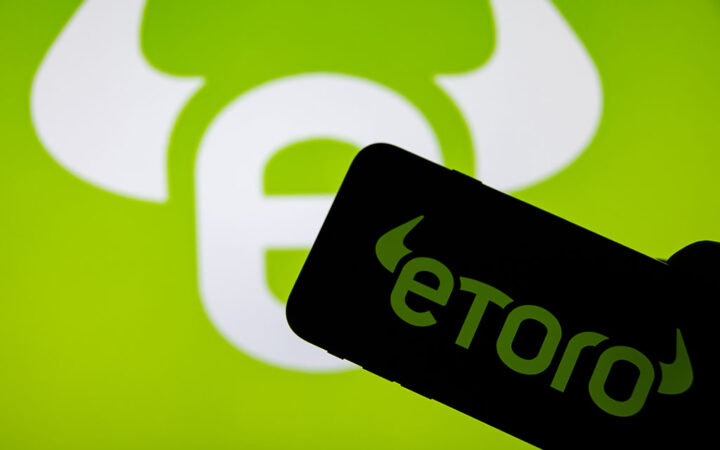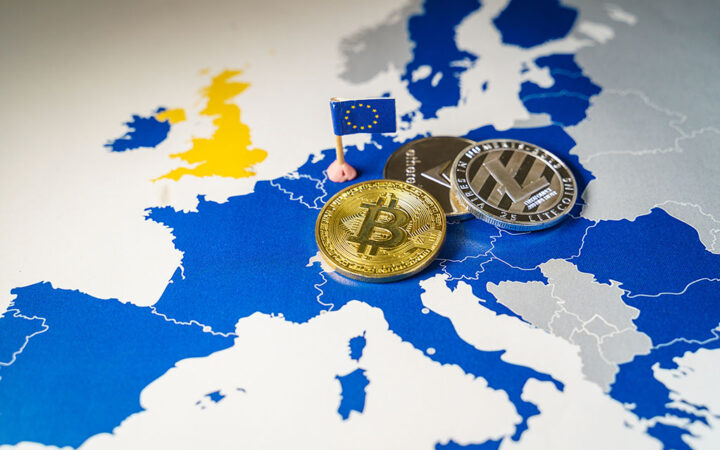
Darya is a crypto enthusiast who strongly believes in the future of blockchain. Being a hospitality professional, she is interested in finding the ways blockchain can change different industries and bring our life to a different level.
With the increasing number of crypto-asset services providers (CASPs) in the EU, institutions of the European Union are called for accelerating the process of finalizing the Regulation on Markets in Crypto-Assets (MiCA). While the EU is still finalizing the law, Lithuania decided to be ahead of the game.

While the EU is still negotiating the Markets in Crypto Assets Regulation (MiCA), Lithuania has decided not to wait for finalizing the law and create its own crypto regulation framework. Currently, the country is doing its “homework”, conducting research on crypto licensing. It wants to complete it on time before MiCA comes into effect.
Mindaugas Liutvinskas, deputy minister of the Lithuanian Ministry of Finance, said:
“MiCA is kind of the biggest thing to come, it’s a good decision; we support it. But before we get to that, what is it? 2025, end of 2024; we still have plenty of time. What we have decided to do is take practical steps, do all our homework, strengthen our regulatory framework.”
Cryptocurrency activities are still considered unregulated in Lithuania. Therefore, earlier this year, the Ministry of Finance, together with the Bank of Lithuania, the Financial Crime Investigation Service, and the Centre of Excellence in Anti-Money Laundering, drafted amendments to the Law on Prevention of Money Laundering and Terrorist Financing (AML). The amendments focus on strengthening internal governance and control requirements.
At present, it is sufficient for companies engaged in virtual currency activities to register their operations with the Register of Legal Entities of the Republic of Lithuania and appoint a person responsible for the implementation of the prevention of money laundering and terrorist financing. With the “research” going on, the will be more requirements and rules within crypto regulation in Lithuania.
With the increasing number of crypto-asset services providers (CASPs) in the EU, institutions of the European Union are called for accelerating the process of finalizing the Regulation on Markets in Crypto-Assets (MiCA).
MiCA aims to reduce the risk of money laundering and ensure a higher level of consumer and investor protection and market integrity in the crypto markets. This set of regulation rules was first announced by the EU in 2020. It was expected to come into effect in 2023. However, it was delayed until at least 2024.
The draft of MiCA included three main elements for ensuring uniformity in regulating crypto-assets within the EU. In particular, it encompassed having a uniform legal framework for crypto-assets, protecting consumers against market manipulation and financial crime as well as including crypto-assets mining within the EU taxonomy for sustainable activities.
Within MiCA, crypto-assets shall fall into one of the following categories:
Besides, it stated that crypto-asset service providers shall acquire a license to offer crypto-asset services. They also have to diversify their business by developing a crypto-asset strategy.
Disclaimer: Coinspeaker is committed to providing unbiased and transparent reporting. This article aims to deliver accurate and timely information but should not be taken as financial or investment advice. Since market conditions can change rapidly, we encourage you to verify information on your own and consult with a professional before making any decisions based on this content.

Darya is a crypto enthusiast who strongly believes in the future of blockchain. Being a hospitality professional, she is interested in finding the ways blockchain can change different industries and bring our life to a different level.




